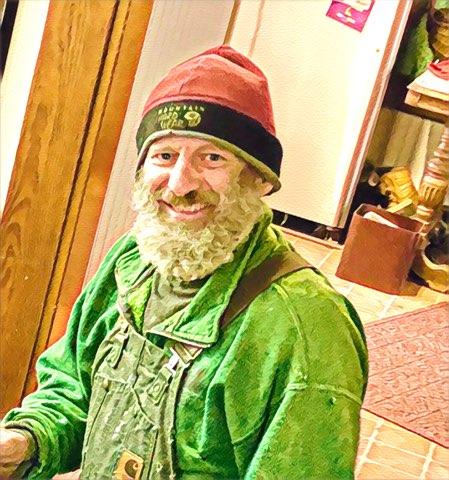
It just shocked me into thinking about what I'm trading my life energy for in the form of work.

I was working as a customer service manager at a large health insurance company in Barre, when 9/11 happened. I was at work. I was at my desk. And basically, it just shocked me into thinking about what I'm trading my life energy for in the form of work. I mean, I trade my life energy for pay. And working for a big corporation just didn't do it for me anymore, I thought that they were part of the problem rather than part of the solution. So when 9/11 happened, I actually gave notice the next day and started looking for work in a more morally-acceptable form, a way that would actually help to solve the problems rather than contributing to them. So I actually just kind of put my resume out there, and ended up taking a job with low-income weatherization service for about a third the pay as I was doing. But that has started my career on energy efficiency. I looked at 9/11, not as an attack against the United States, but as an attack on humanity. So the whole idea of the United States versus the world in order to make amends for the attacks, it just fell empty on me. I felt very concerned that the United States, the response to 9/11, would cause so much more death and pain and suffering than 9/11 itself that I just could not get behind the idea of this as an attack on the United States. But that was my corporation's take on it, it was "it's now the U.S. versus the world." And I could not get behind that. When I told my wife at the time of the decision, she was not supportive. And I actually went through a divorce about a month later, but it was my decision. It was something that I felt very near and dear to my heart. I have not looked back even though you know, I'm not making as much money as I might have working for this other corporation but it's so much more rewarding in other ways than money.
Randy Bright
